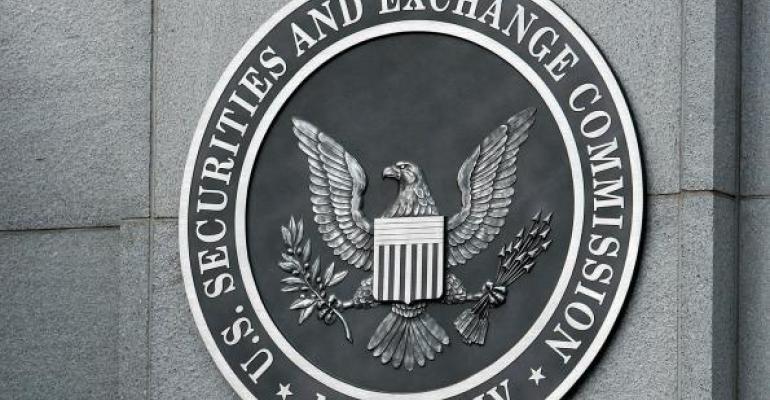Sixteen firms are collectively on the hook for more than $81 million to settle SEC charges that they failed to preserve off-channel electronic communications.
The firms range from broker/dealers to several dual registrants and affiliated investment advisors and include Northwestern Mutual, Guggenheim Securities, Oppenheimer & Co. and Cambridge Investment Research, among others.
The Northwestern complaint clarifies that the failures were “firm-wide and involved personnel at various levels of authority,” language that matches the other settlement orders.
SEC Enforcement Division Director Gurbir S. Grewal said the settlements represented the commission’s efforts to ensure firms “comply with the recordkeeping requirements.” He also noted that the $1.25 million penalty against Huntington Investment Company was significantly lower than the others because the firm voluntarily self-reported to the commission.
Northwestern Mutual’s penalty was the highest at $16.5 million, followed closely by Guggenheim at $15 million, Oppenheimer & Co. at $12 million and Cambridge at $10 million. The Northwestern settlement parallels the allegations in the other orders, in which the firm maintained policies and procedures on electronic recordkeeping to comply with regulatory mandates.
Northwestern warned employees that using unapproved comms methods (including on personal devices or email) was not permitted. According to the order, messages sent through “approved communications methods” were regularly monitored and subject to review, but this wasn’t the case for messages sent via other means, such as unapproved apps on personal devices.
Despite these policies, Northwestern didn’t have a follow-up system to ensure supervisors followed those policies, and likewise for their employees. When SEC staff opened a risk-based sweep investigating whether b/ds properly retained business-related messages sent and received on personal devices,
Northwestern cooperated with a sampling from the personal devices of senior personnel. The SEC found “pervasive off-channel communications” among senior staff at the firm’s b/d and investment advisor businesses.
When examiners did the same for employees, they uncovered similar results, with supervisors and personnel sending and receiving off-channel messages about “among other things, recommendations made or proposed to be made and investment advice given or proposed to be given to advisory clients.”
Northwestern received and responded to subpoenas for document and records requests from the commission during the time in question; by not preserving those electronic records, the firm “likely deprived” the commission of information in investigations, the commission alleged.
The off-channel comms sweep has resulted in a spate of blockbuster penalties, starting in September 2022, with the collective $1.1 billion in fines and penalties against some of the largest broker/dealers in the space, including Bank of America, Citigroup, Morgan Stanley and UBS. Last May, the commission fined HSBC and Scotia Capital $15 million and $7.5 million to settle WhatsApp and other off-channel communications recordkeeping failures.
In August, Wells Fargo, BMO Capital Markets and several other firms agreed to collectively pay $289 million to the SEC to settle similar allegations, while ten additional firms (including Interactive Brokers, Robert W. Baird & Co., and Nuveen Securities) agreed to $79 million in collective penalties in settlements announced last September.
In addition to the penalties, each firm agreed to hire third-party compliance consultants to review their electronic communications policies and procedures concerning personal devices.

